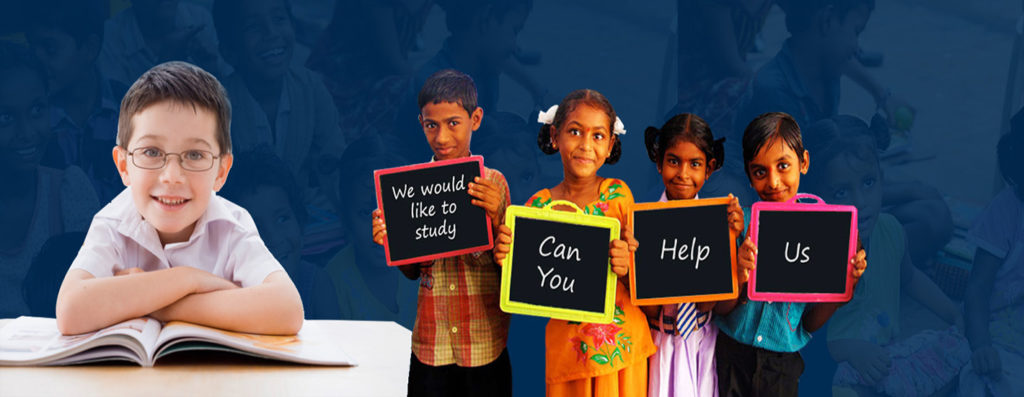Access to an equitable education is a legal right for all children, and the quality of that access in classroom instruction is a moral and ethical right. Instruction that is tailored to meet all students‘ needs goes beyond simply providing equal access to education.
Educational equity, also referred to as equity in education, is a measure of achievement, fairness, and opportunity in education. The study of education equity is often linked with the study of excellence and equity.
Educational equity is dependent on two main factors. The first is fairness, which implies that factors specific to one’s personal conditions should not interfere with the potential of academic success. The second important factor is inclusion, which refers to a comprehensive standard that applies to everyone in a certain education system. These two factors are closely related and are dependent on each other for true academic success of an educational system.
The growing importance of education equity is based on the premise that an individual’s level of education directly correlates to future quality of life. Therefore, an academic system that practices educational equity is a strong foundation of a society that is fair and thriving. However, inequity in education is challenging to avoid, and can be broken down into inequity due to socioeconomic standing, race, gender or disability.
